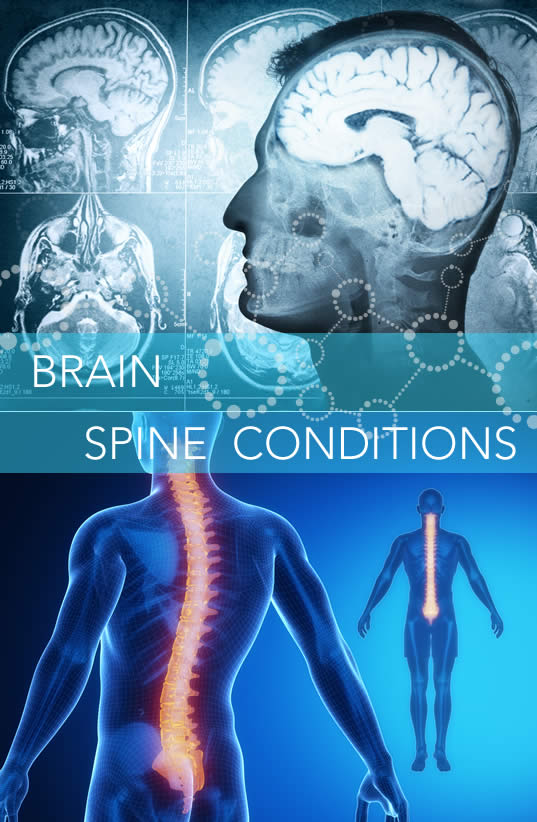
Degenerative Disc Disease Specialist
What is degenerative disc disease?
Not really a disease in the truest sense, degenerative disc disease simply describes the condition that affects the cushioned pads between the bones of the spine. As with much of the tissue in the body, the components of spinal discs change with time, becoming less efficient storing moisture, and losing flexibility and elasticity. The tough outer layer becomes more susceptible to rupture, allowing the gel-like inner layer to escape.
While disc degeneration may not cause complications for some people, in others, it can be mild or severe. Aging discs may lead directly to nerve compression causing neck or back pain, or it may contribute to other conditions, such as:
- Herniated discs, when a bulge or rupture presses on a nerve
- Osteoarthritis, when cartilage that protects joints begins to wear
- Spinal stenosis, the narrowing of the spinal canal through which the spinal column passes
What symptoms are usually associated with degenerative disc disease?
Neck or back pain are the most common symptoms, with a range from mild to severe. The neck (cervical spine) and lower back (lumbar spine) are the most common places for problems to originate, but degeneration may happen anywhere along the spinal column.
Instead of, or along with pain, some people may experience weakness in arms, hands, legs or feet, or there may be numbness or tingling in these extremities. In rare cases, bladder and bowel control may be affected.
How is degenerative disc disease treated?
As with the progression of the condition, treatment usually follows a progressive path. Symptoms accompanying the early stages of disc degeneration may be controllable with over-the-counter or prescription medication. As the degeneration develops, treatment may change, depending on what associated conditions arise.
When surgical solutions become necessary, spinal fusion procedures are usually chosen. These procedures typically involve removing the affected disc and joining the vertebrae on each side of the removed disc, using screws, rods, and often bone grafts to stabilize the vertebrae and protect the section of spinal cord that they surround. Depending on the specific disc being removed, spinal fusion may have little effect on your mobility.
There are inevitable changes to your body as you age, and the effects of these changes vary between people. This holds true for your spine, too, and the spongy discs between its vertebrae. As these deteriorate with time, some people escape symptoms while others don’t.
The doctors of Arizona Neurosurgery and Spine At The CORE Institute, located in Phoenix and Peoria, Arizona, can help you if you’re affected by the results of degenerative disc disease.

